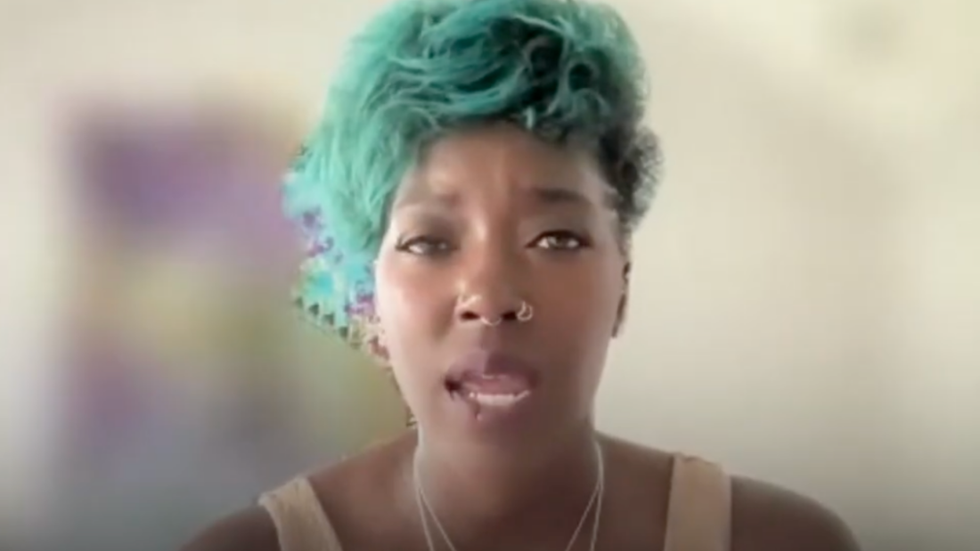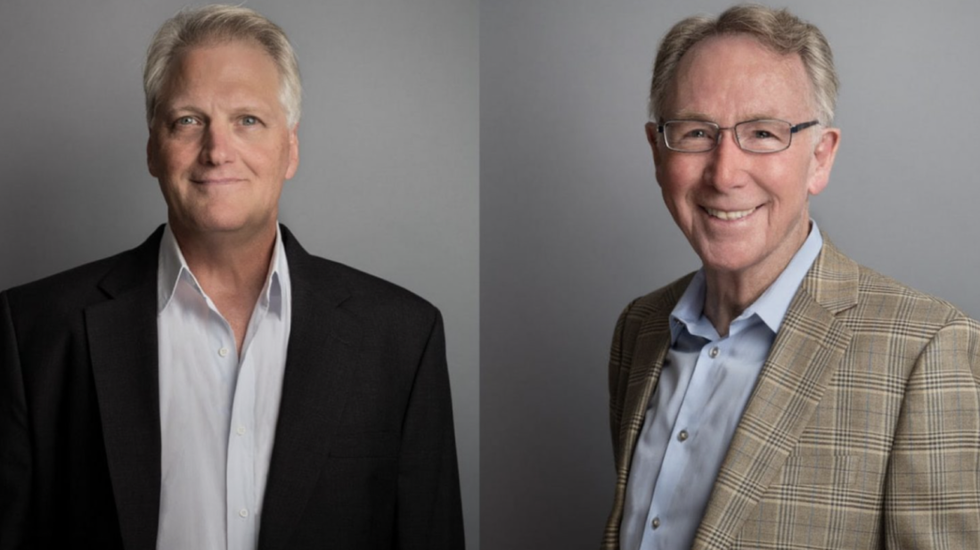Texas Man Goes Into Storm To Take Care of Elderly Neighbors
These days, a sense of community and neighborly support is becoming increasingly rare. Many of us don't even know our neighbors; the extent of our relationship relegated to a quick wave if we happen to cross paths.
But luckily for this elderly couple, they seem to have hit the jackpot when it comes to neighbors.
A woman who goes by @ahhcarrizaa on TikTok shared a series of heartwarming video clips of her hero-husband — literally braving a hurricane — to make sure their elderly neighbors are taken care of.
And now? He's everybody's hero.
TikTok Video of Hero Husband Goes Viral
@ahhcarrizaa ❤️ Always check in with your neighbors, especially if they are elderly and dependent on special machines #husband #greenflags #goodman #neighbors #foryou #houston #texascheck #hurricaneberyl #hurricane #fypシ゚viral #beryl #united #htx
Recently, tropical storm Beryl ripped through Houston, leaving a path of destruction in its wake.
The torrential downpour accompanied by battering winds transformed roads into rushing rivers, and downed trees and power lines, knocking out electricity for more than two million customers across Texas.
Including @ahhcarrizaa and her neighbors.
As soon as the power went out, her husband immediately fired up the generator...only he didn't do it for them.
Knowing that their elderly neighbors have life-threatening medical issues and rely on medical devices to survive, he proceeded to drag the generator across the street, in the heavy rain, to the neighbor's house.
His wife captured his wholesome gesture on video and posted it on social media where it quickly went viral with nearly 8 million views.
"❤️ Always check in with your neighbors, especially if they are elderly and dependent on special machines," @ahhcarrizaa captioned the 10-second video.
In the text overlay, she wrote:
"My husband's green flag: When our power goes out, he fires up the generator so our elderly neighbors can still run their medical devices."
He Just Keeps on Giving
@ahhcarrizaa ❤️ He got them plugged up and good to go #husband #greenflags #goodman #neighbors #foryou #foryoupage #storm #beryl #houston #fypシ゚viral #hurricane #hurricaneberyl #texascheck
In a second TikTok video, her husband goes out in the storm again, this time navigating several downed tree branches to bring his neighbors an extension cord.
The text overlay reads:
"My husband's green flag: he gets out in the storm to give the elderly neighbor an extension cord so they can still use their medical devices."
"He got them plugged up and good to go," @ahhcarrizaa explains in the caption of the post.
Needless to say, people are loving his wholesome acts of kindness and praising him for his efforts.
"That's A GOOD MAN Savanah A GOOD Man 🥰👏"
"Marry him AGAIN.!!!!😩😍"
"He's out there saving lives and nobody knows! That's a superhero!"
"When my dad was in hospice, 3 days before he passed away, our power went out and he only had a small tank of portable oxygen left. thank you for doing this."
Showing Up When You See a Need
This is what community is truly all about: neighbors helping neighbors. It's people looking out for each other and doing what they can to make life a little easier for one another.
Because the reality is that some of the most impactful moments in life come from simply showing up when others need us.
Whether it’s offering a helping hand during a crisis, lending an ear to someone who’s struggling, or just reaching out to our neighbors with more than a passing glance, stepping up to meet a need can make a profound difference.
*Featured image contains photo by Ron Lach





































